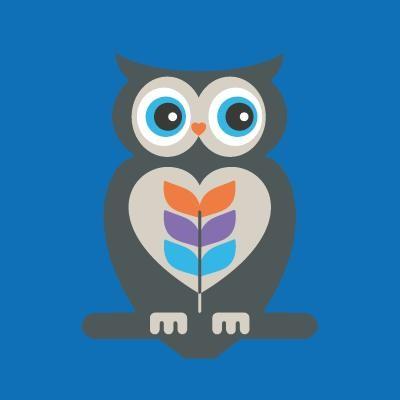

Your Granger’s Learning Journey


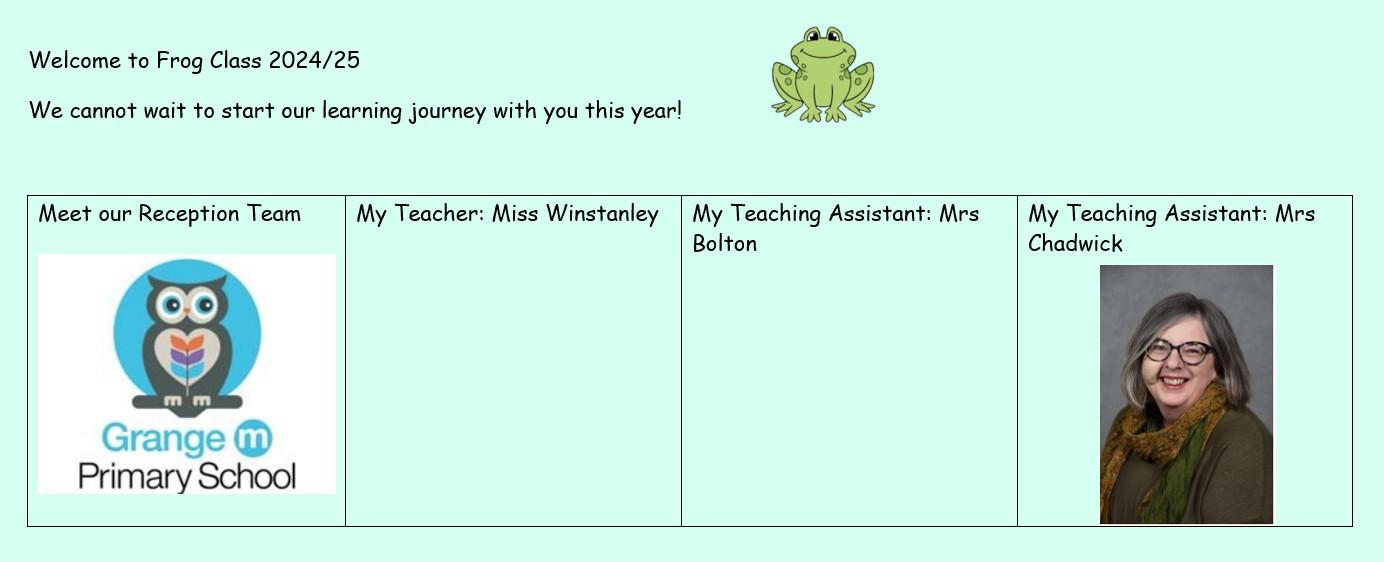

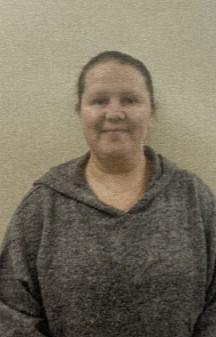

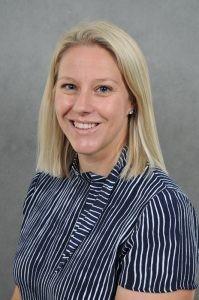
Mrs Summers Headteacher and Designated Safeguarding Lead

Mrs Davies Deputy Headteacher and Deputy Safeguarding Officer
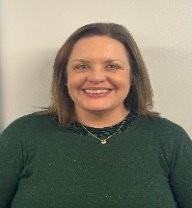
Mrs Rogers SENCo and Deputy Safeguarding Officer
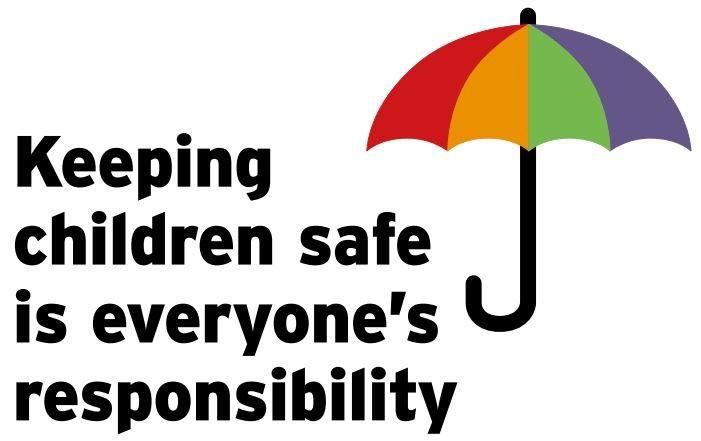
Daily School Routine
• Doors open at 8:45am to begin the school day.
• Arrival after 9am will be marked as late.
• Children are encouraged to come into school by themselves to foster their independence and responsibility.
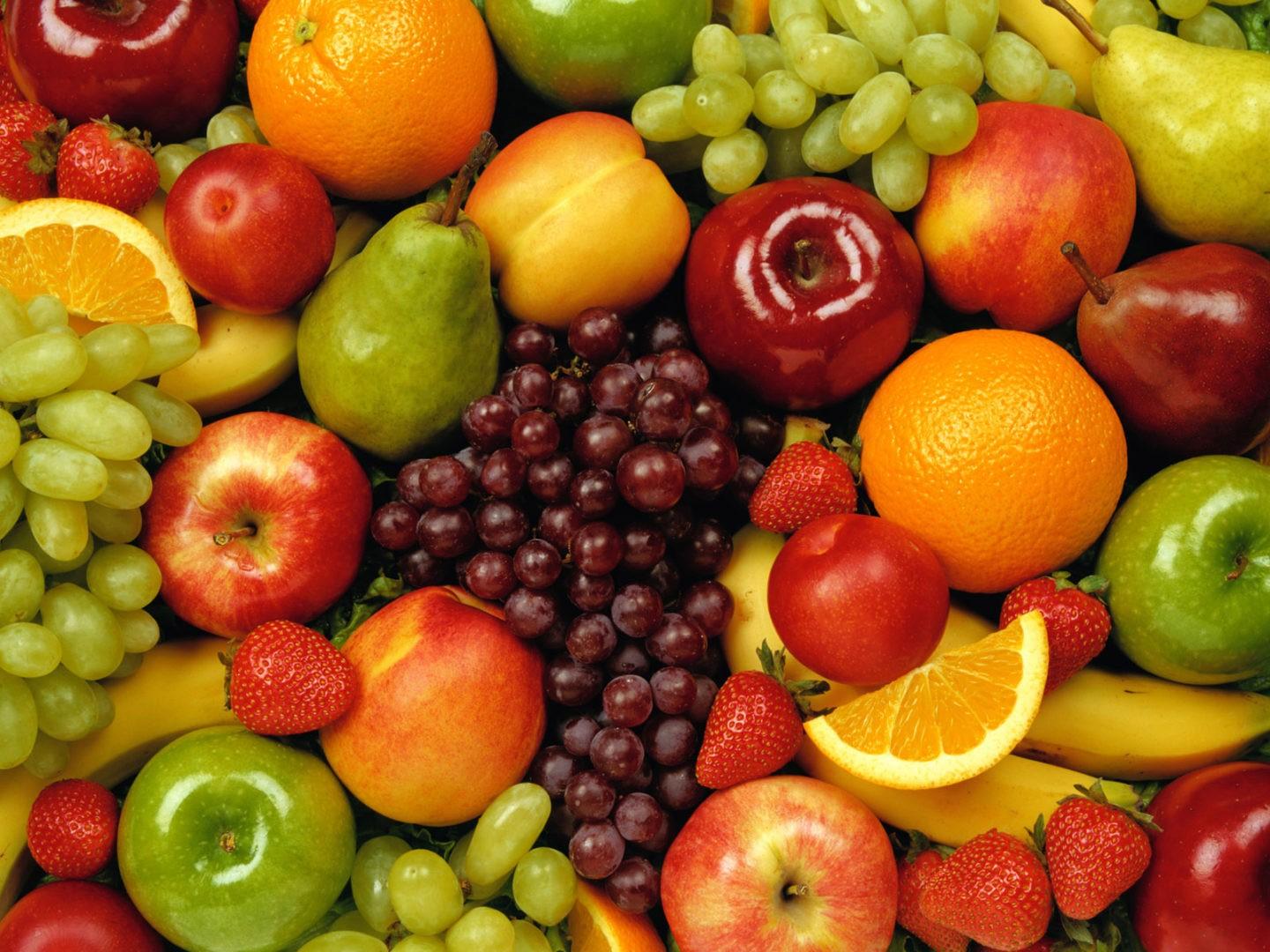
• Bagels, fruit and milk are provided during the morning at snack time.
• Lunchtime is at 11:45am - all Reception children are entitled to a free school meal (subject to the completion of the universal school meal form) or you may prefer your child to bring a packed lunch.
• Reception children finish school at 3.05pm and are collected from our classroom gates.
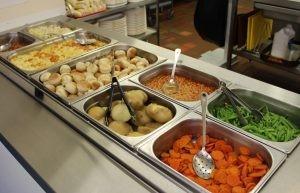
What does your child need to bring to school?
Your child will have a named peg just outside the classroom door where they can hang their belongings. They will need:
•A book bag
•A water bottle
•A coat
•A lunchbox (if bringing a packed lunch from home)
•On PE days, the children are asked to come to school wearing their PE kit
•On Forest School days, suitable clothes for outdoor learning sessions are needed


Please ensure that all clothing, bags, lunchboxes and water bottles are clearly labelled with your child’s name.
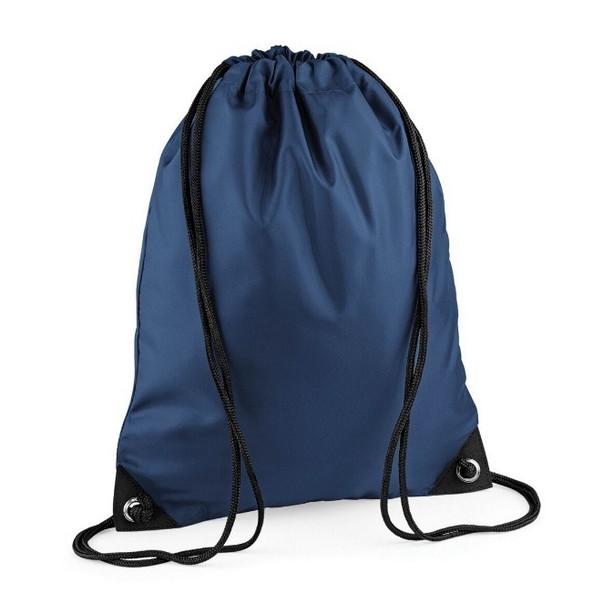
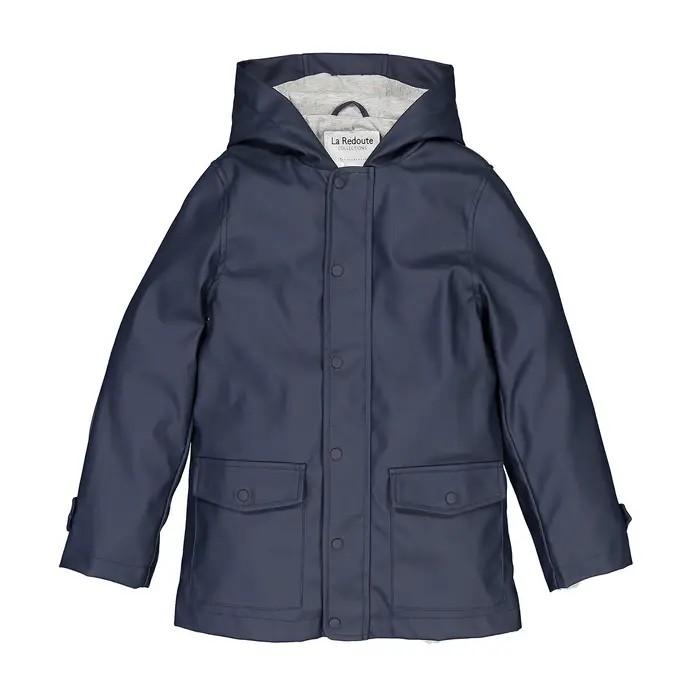
And please do not bring toys or books from home they can easily be lost in a busy classroom!
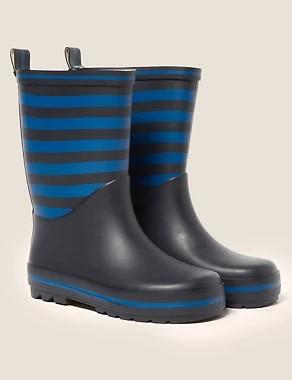
Moving from Nursery to Reception
What will be the same?
In Nursery, the curriculum focus is on the prime areas of learning which support development in all other areas, and this continues throughout Reception.
The 3 Prime Areas of Learning are:
• Personal, social and emotional development
• Physical development
• Communication and language
In Reception, your child will be in the final year of the Early Years Foundation Stage and learning through play is still an important element which continues the journey from home and Nursery.

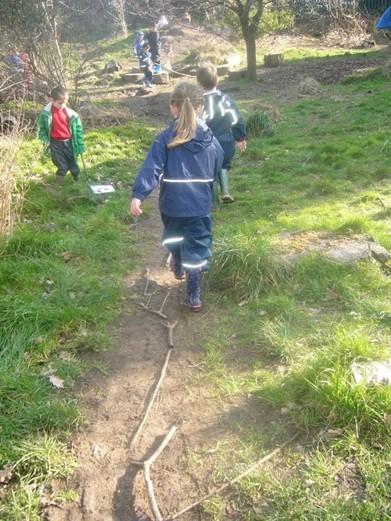
Moving from Nursery to Reception
What is different?
In Reception there is a little more structure to the day as the curriculum focus moves to the specific areas of learning.
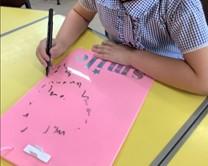
There are 4 Specific Areas of Learning:
• Literacy
• Mathematics
• Understanding the world
• Expressive arts and design

Teaching and Learning
The Reception curriculum we deliver ensures that children have the opportunity to develop a broad range of knowledge and skills that provide the right foundation for future learning and success.

Children learn by playing and exploring, being active, creating and thinking critically. We will teach and observe these characteristics of effective learning throughout the year



Assessment
During the first half term, we will be taking time to get to know your child and carry out the Reception Baseline Assessments. We then use this information to consider the next steps for learning for your child.
Each term you will be invited to a parent’s evening, and you will receive a copy of your child’s report. At the end of the year, you will receive a copy of your child’s Foundation Stage Profile Report.
All of the EYFS team work together to build a picture of what children can do and what they need support with. You can help too by using Class Dojo to keep us informed of learning they do outside of school!
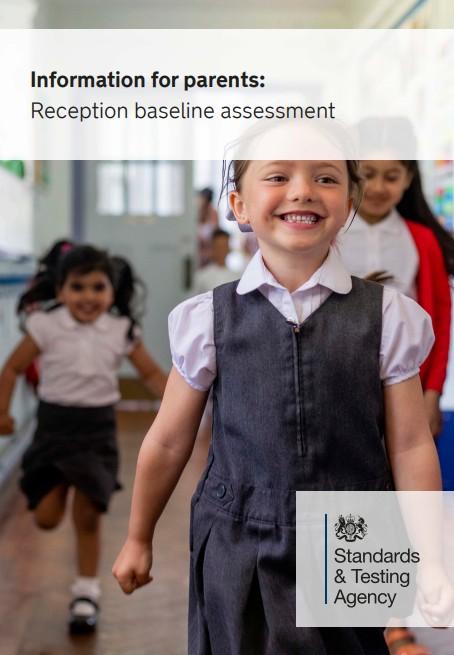
Communication
ClassDojo is an online reward system where children are awarded Dojos to acknowledge positive behaviour in school.
Parents can to see this feedback at anytime using any iOS device, Android device or Kindle Fire using the simple, free mobile app or it can also be used from a computer at www.classdojo.com.
We also use ClassDojo as a way of communicating between school and home. We will be posting announcements and updates on the Class Story and we can also send direct messages.

Encouraging Positive Behaviour
We constantly promote our Granger Values and children are praised for being a true Granger by demonstrating these values: ‘Try your best’, ‘Be honest’, ‘Be kind’, ‘Be curious’ and ‘Respect each other’. With your support we can work in partnership to develop these essential life skills in your children.

Identifying and Expressing Feelings
At the Grange, we use the colour monster to engage with and learn about how to recognise and name our own feelings and those of others.
It helps to develop self-regulation and compassion and empathy for others.

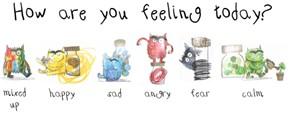
Supporting your child at home
Communication and language
Physical Development
Talk all the time about everything! Use playdough
Demonstrate good listening
Following instructions
Sing songs and nursery rhymes
Use simple tools such as cutlery, scissors, paintbrushes and pencils
Become independent with dressing and toileting
Ride a bike, visit the park to play on the equipment, climb a tree
Personal, Social and Emotional Development
Demonstrate sharing and taking turns
Talk about how you are feeling
Talk about how certain behaviours can have an impact on others
Try new things
Literacy
Pretend to ‘read’ children’s attempts at writing or ask them what it says
Encourage correct letter formation
Share familiar stories over and over again
Read at least four times a week
Mathematics Understanding the World Expressive Arts and Design
Count / subitise everything!
Talk about past events using photographs
Talk about numbers you see when you are out and about.
Talk about shapes
Compare objects using everyday language
Be sensitive to other cultures, religions and communities
Make observations of natural things and changes
Use different technology around the home
Explore making marks with different tools such as pencils, pens, crayons, chalk, paintbrushes, sticks
Build using a variety of materials - big and small
Use stories to develop imagination and pretend play
Sing songs, make music and dance
Homework
You can support your child to make the best possible progress by getting into a ‘homework routine’. This works best with young children when done for a few minutes each day rather than a long learning session one day at the weekend.

We will encourage you to:
• Read – It is important that you read with them a minimum of 4 times a week and record this in their reading record book.
• Reading to your child
• Maths Whizz – It is tailored to your child’s exact needs and has lessons and games to help them develop. It can be completed on a devise like a tablet but will need your support to be the most successful.
